By Melissa Lyon
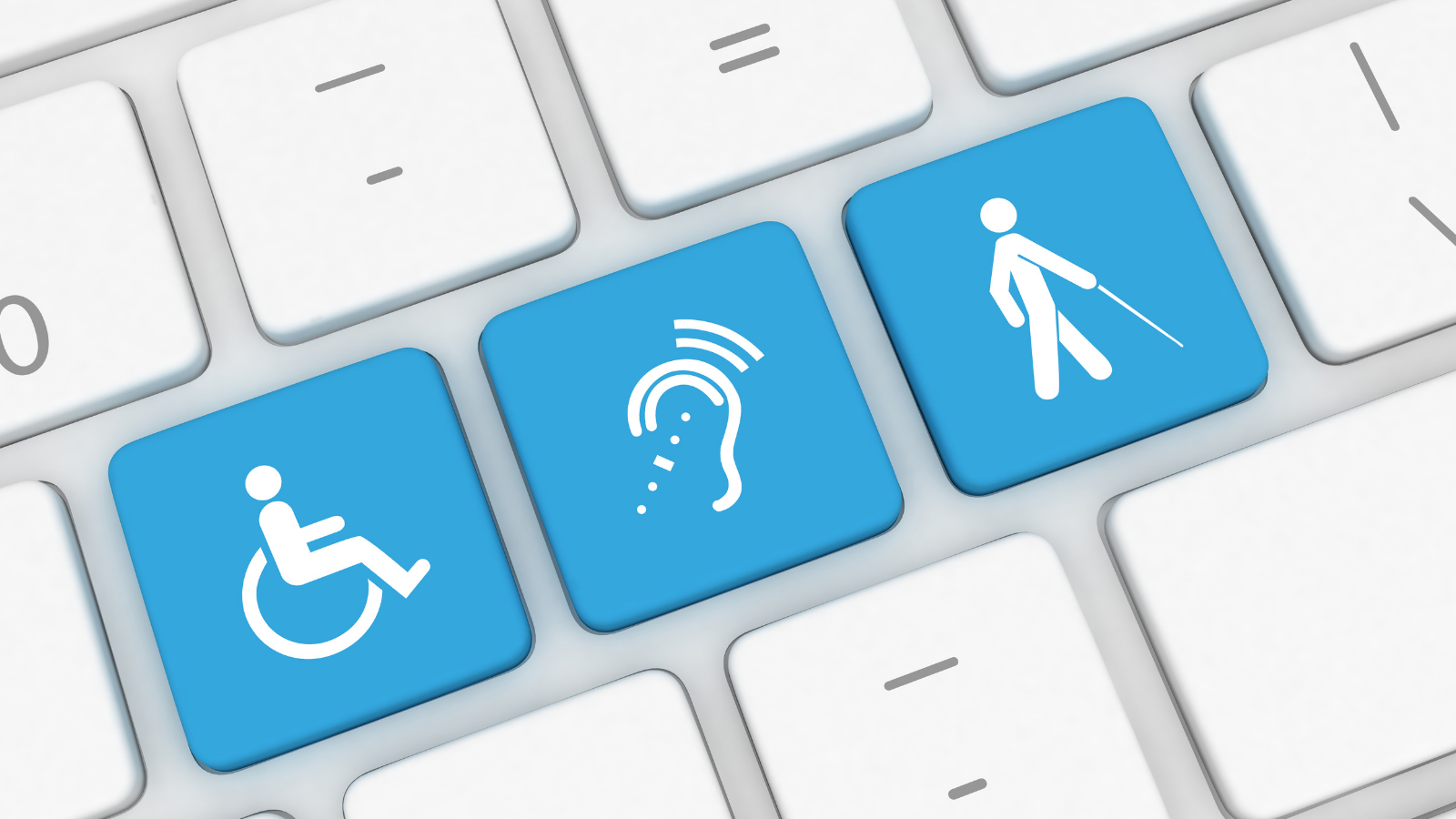
Six Ways YOU Can Make the World More Accessible.
With May 19th being Global Accessibility Awareness Day, BC’s first AccessAbility week starting at the end of May, andCanada’s National AccessAbility Week starting on May 29th, I thought it would be a good time to talk about accessibility.
So what is accessibility? To me accessibility means that there are no barriers of any kind that interfere with a person fully participating in all aspects of society and life. When we improve accessibility, it not only caters to people with disabilities, it often benefits all people, making society more inclusive.
What are some of the barriers to accessibility? In the Accessible Canada Act, barriers are defined as “anything physical, architectural, technological, or attitudinal…that hinders the full and equal participation in society of persons with an impairment”. 2
My experiences with inaccessibility range from not being able to reach files in a workplace, to not being able to maneuver through a lecture hall due to lack of handrails, to speech recognition programs not understanding my speech. These are minor issues compared to what some people with disabilities encounter.
In my experience, it is the attitudinal barriers that are the hardest to overcome. People often make assumptions about my abilities before I even get a chance to show them what I can do. Without people changing their mindset about people with disabilities, we will never truly have an accessible and inclusive world that values the unique strengths and contributions that people with disabilities can offer. Research shows that it is education, funding, and just taking the time to interact with people who have disabilities that will make the biggest difference to attitudinal barriers.
So what can YOU do to make the world more accessible?
- Talk about accessibility issues and disabilities. It is important to open the conversation and make creating accessible spaces the norm.
- Promote more discussion of disabilities and accessibility in the media and in social media apps. The more the topic is brought forward, the more likely people are to understand the issues that many people with disabilities face in regards to accessibility.
- Incorporate universal design principles, where all people’s limitations are considered when designing physical, architectural or technological spaces and devices. For example, creating a ramp for a person in a wheelchair can then benefit everyone.
- Support companies that promote accessible products and services and that hire inclusively – other companies will follow suit if these companies thrive. Accessible Employers is a good place to start to find companies in BC that are committed to accessible workplaces and practices.
- Be an advocate for accessibility. Whether you are a person with a disability or not, speak up when you see or encounter things that are inaccessible. Chances are that fixing the issues will help more than just one person.
- Educate others about how to improve accessibility and why it matters. Workplace workshops and online education tools can go a long way in increasing inclusion and accessibility awareness. If children are educated at a young age about the importance of accessibility, it will eventually become the norm, creating a generation of more inclusive, respectful, and empathetic individuals.
As the United Nations points out, people with disabilities are the “largest minority group in the world”3 and they are also a group that anyone can join at any time. With this in mind, let’s all do our part to make the world a more accessible place!
References
- Global Accessibility Day Website.
- Accessible Canada Act Website.
- United Nations Website
Written by: Melissa Lyon – Disability Consultant
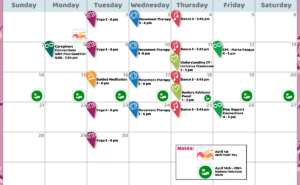 Programs Calendar
Programs Calendar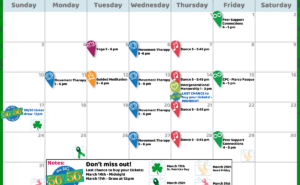 Programs Calendar
Programs Calendar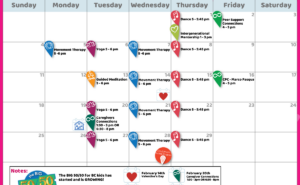 Programs Calendar
Programs Calendar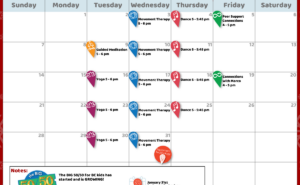 Programs Calendar
Programs Calendar

